CEE | Center for Experimental Ethnography
Menu
This Wolf Humanities Symposium is organized by Wolf Humanities Center's 2022-23 Graduate Research Assistant and CEE Graduate Student Jake Nussbaum; Graduate Fellow & CEE Graduate Student Larissa Johnson, and Graduate Fellows Max Johnson Dugan, and Anna Lehr Mueser; and Mellon Postdoctoral Fellows Ioanida Costache, Richard Fadok, Margaret Geoga, Rebecca Haboucha, and Peter Sorensen. This Symposium is cosponsored by Penn's Andrea Mitchell Center for the Study of Democracy; Annenberg School for Communication; Center for Africana Studies; Center for Experimental Ethnography; Center for Latin American and Latinx Studies; Center for Research in Feminist, Queer, and Transgender Studies; Cinema and Media Studies Program; Department of Anthropology; Department of History and Sociology of Science; and Department of Music.
What is the relationship between heritage—a set of shared articulations and sensations of the past—and our lived realities? How do efforts to construct and erase these shared understandings impact the possibilities of a shared and shareable present? These questions have acquired new urgency over the past several years as historical formations of plantation slavery, settler-colonialism, and extractive capitalism become increasingly recognizable in the mundane operations of the university and the state; heritage claims fuel political violence and mass social movements; and supposedly unifying nationalisms deteriorate into entrenched positions around ownership of the past. Of course, for those most harmed by the projects of white supremacist heteropatriarchy these questions have always been urgent—matters of presence in the face of ongoing erasure—complicating easy distinctions between past, present, and future. In this multidisciplinary symposium, scholars, community organizers, and artists come together to unsettle the demarcations between heritage as an object of study and heritage as a site of ongoing practice and contestation. 9:30–10:00 am Welcome Remarks
10:15 am–12:00 pm Beyond the Institution: Perspectives from West Philadelphia and the Problems with Talking About Heritage at Penn Recent activism at Penn has joined and amplified a long and expansive history of Black-led community organizing in West Philadelphia that has been critical of the university and its role in inflicting harm on their neighborhood, including the forced displacement of the Black Bottom, the gentrification of so-called “University City,” the possession of the remains of Black Philadelphians at the Penn Museum, and the abuse of Black prisoners for research by Penn scientists. In this roundtable, activists, organizers, scholars, and media-makers discuss these ongoing issues and elaborate on community-driven practices of heritage-making that are grounded in ethics of care, refusal, and self-determination.
1:30 pm–3:00 pm Contesting Heritage: Counternarratives in the Material Record and the Built Environment Moderator: Rebecca Haboucha, Andrew W. Mellon Postdoctoral Fellow, Wolf Humanities Center Institutions, from the state to the university, often set the precedent for the management and preservation of historical knowledge, while academic disciplines such as archaeology, history, and anthropology have historically served to legitimize the erasure and removal of material histories of the marginalized. These authorized narratives of history have been challenged from both the grassroots and, to varying degrees of success, from the top down, suggesting the constructed and contested notion of the very term “heritage.” The speakers in this session explore how the material record and built environment can be a productive resource for contesting dominant understandings of the past and rethinking disciplinary and institutional trajectories.
3:15–4:45 pm Heritage Beyond the Record: Embodiment, Memory, Performance Moderator: Ioanida Costache, Andrew W. Mellon Postdoctoral Fellow, Wolf Humanities Center Heritage is something that we do. As Laurajane Smith posits it is “the multiple processes of meaning making” through acts of remembrance, communication, intergenerational transfer of knowledge, identity, and “social and cultural values and meanings” (2012). This panel interrogates multifarious ways of doing heritage. How can doing heritage articulate histories of colonial distortions and their patterns of continuity in the present? How are alternative epistemologies and ontologies embedded in the praxis of heritage? What tactics have been used historically and today to destroy, silence, ignore, disrupt, and distort heritage for the purpose of dehumanizing or delegitimizing marginalized communities' claims to selfhood, subjectivity, history, rights, and land? This panel critically examines how heritage is made in the body, in performance, and discursively and how these processes inform what each of us carries forward in the world.
4:50–5:00 pm Closing Remarks
5:30–6:30 pm Percussion Workshop Master percussionist Hafez Kotain leads participants through a workshop in Arabic percussion.
The Critical Museum Study Group presents the exhibition, Partage, featuring the work of 13 artists. Partage, comes from the 19th-to early 20th century archaeological practice of dividing collections and splitting objects in half between the host nation and the nation of the extractor, a premise that fractured histories and their representations.
Don't miss a conversation with the filmmaker on Feb 16th at noon as part of CEE Third Thursday Series! "We recently went to Guinea Bissau to research the guerrilla schools of the mangroves. Instead, we soon became ourselves the apprentices and the first lesson we had to learn was how to walk. If you walk straight, placing your heels on the ground first, you promptly slip and fall in the dams of the flooded mangrove rice field or you get stuck in the mangrove mud. You need to lower your body, flex your knees and stick your toes vertically into the mud, extend your arms forwards in a conscious and present movement. In the mangrove school the learning happens with the whole body." - Sonia Borges
Feb 16th 12pm Join us on February 16th at 12:00PM for an exciting conversation with Keisha-Khan Perry residential Penn Compact Associate Professor of Africana Studies and Sónia Vaz Borges, an interdisciplinary militant historian and social-political. The two will discuss " Mangrove School" a film directed by Sónia Vaz Borges and Filipa César. A virtual screening of "Mangrove School" will be available on Feb 13th with the conversation following on Feb 16th. "We recently went to Guinea Bissau to research the guerrilla schools of the mangroves. Instead, we soon became ourselves the apprentices and the first lesson we had to learn was how to walk. If you walk straight, placing your heels on the ground first, you promptly slip and fall in the dams of the flooded mangrove rice field or you get stuck in the mangrove mud. You need to lower your body, flex your knees and stick your toes vertically into the mud, extend your arms forwards in a conscious and present movement. In the mangrove school the learning happens with the whole body." - Sonia Borges
Virtual screening of "MANGROVE SCHOOL"
A virtual screening of " Mangrove School" will take place between February 13-19th. The film will be made available only during the screening days. Enter the screening with the password:screenmangrove
(lowercase and one word) on Feb 13th 2023. Please note this password will be active during screening dates only. |
Categories |
Contact Us // 438 PENN MUSEUm // experimental-ethno@upenn.edu
© 2018 The Trustees of the University of Pennsylvania
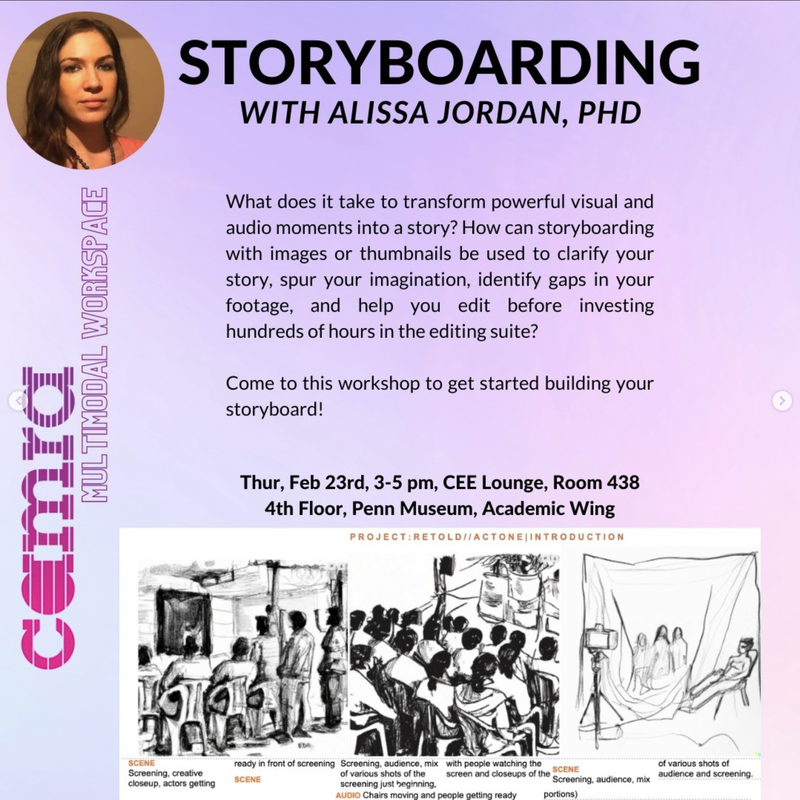
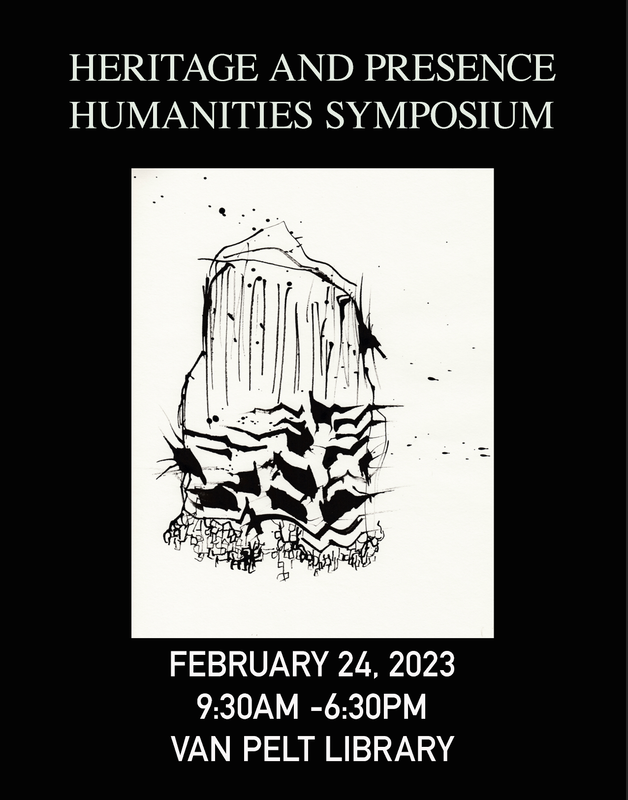
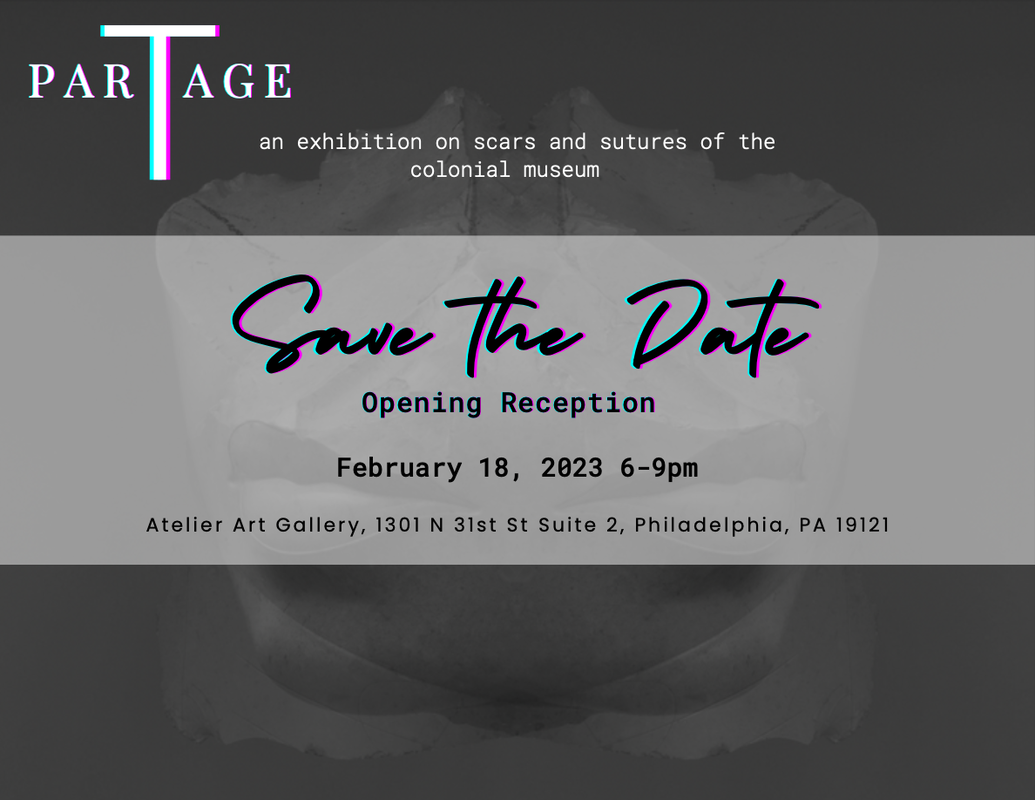
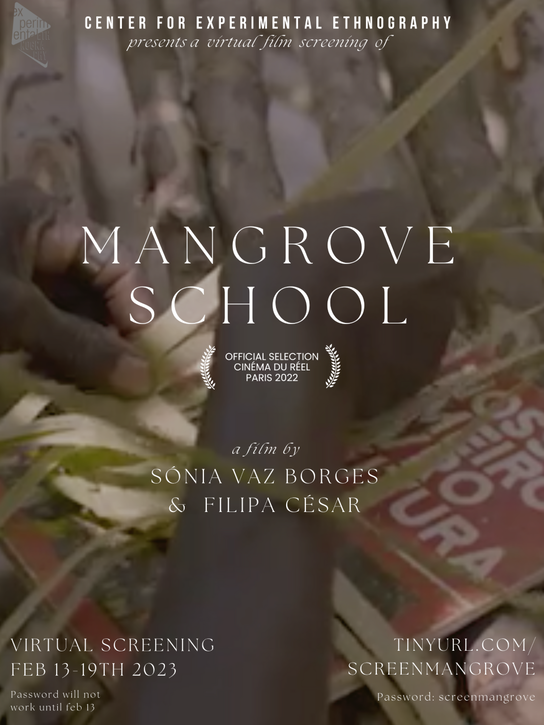
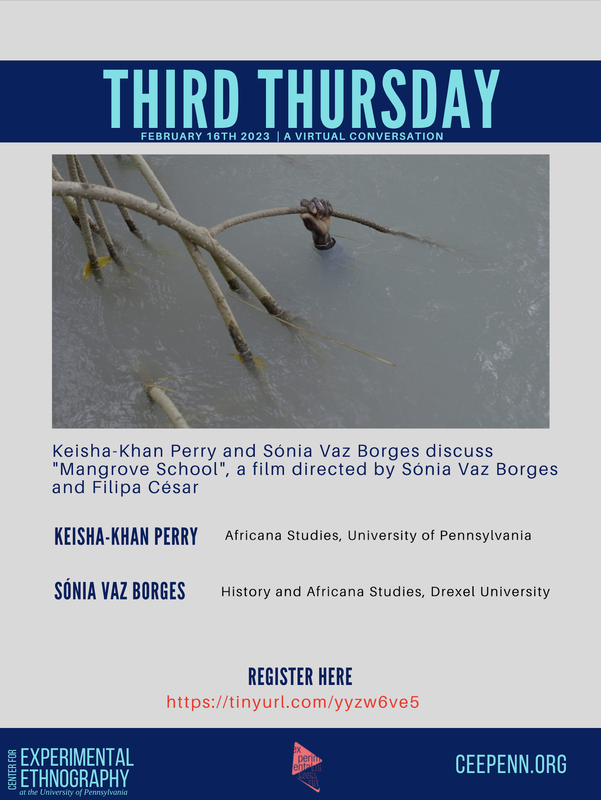
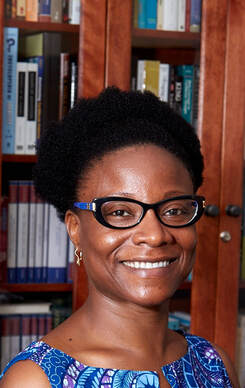
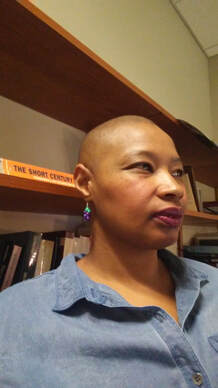
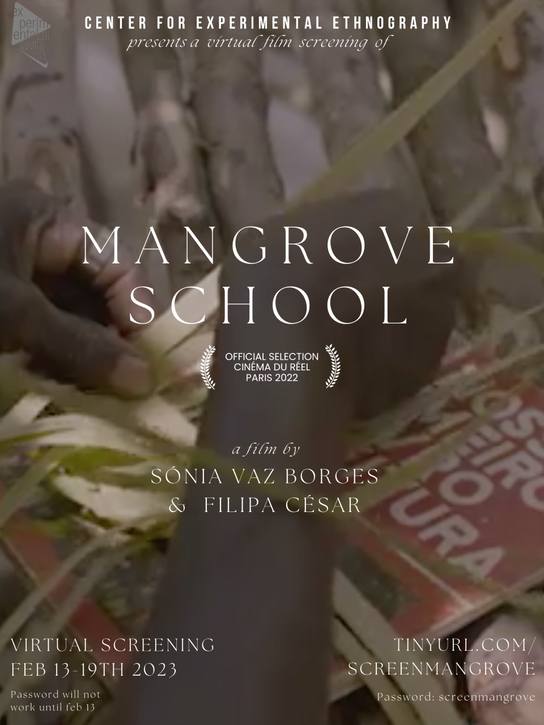
 RSS Feed
RSS Feed